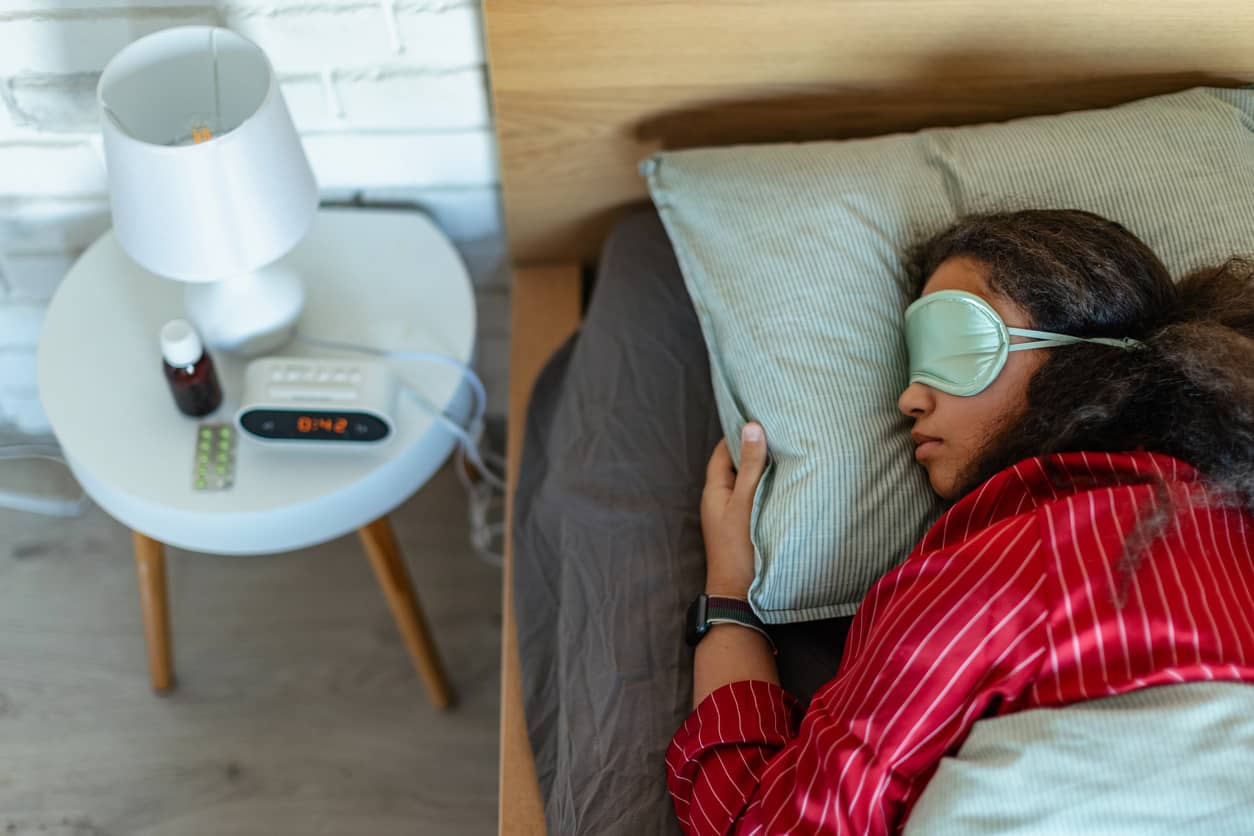How Does Valerian Root Help with Sleep?

Important Takeaways:
- Valerian root is an herbal supplement traditionally used to promote relaxation and improve sleep quality.
- It may work by enhancing the effects of GABA, a neurotransmitter that helps regulate sleep.
- Some studies suggest valerian root can reduce the time it takes to fall asleep and support better rest.
- Valerian root is generally considered safe for short-term use, but potential side effects include headaches, dizziness, and stomach upset.
- Always consult a healthcare provider before using valerian root, especially if you take sedatives or other medications.
Valerian root has been used for centuries as a natural remedy to address sleep issues, anxiety, and relaxation. Commonly used in ancient Greece and Rome, this herbal supplement remains popular today as a sleep aid. While some studies suggest valerian root may help improve sleep, more research is needed to completely understand its effectiveness and long-term impact.
What is Valerian Root?
Valerian root is derived from the Valeriana officinalis plant and is native to Europe and parts of Asia. It has been traditionally used to treat various conditions like nervousness and restlessness. Over time, valerian root has found its place as a popular herbal supplement, commonly consumed in teas, capsules, and tinctures.
How Does Valerian Root Work?
The key compounds in valerian root, including valerenic acid and other antioxidants, may impact the central nervous system. These compounds are believed to interact with gamma-aminobutyric acid (GABA), a type of neurotransmitter that helps regulate the sleep-wake cycle. By enhancing GABA's natural calming effects, valerian root may promote relaxation, helping individuals fall asleep faster and experience deeper rest.
Scientific Evidence for Sleep Benefits
Research into how valerian root potentially helps with sleep has shown mixed results. Several studies indicate that valerian root may shorten the time it takes you to fall asleep and also improve sleep quality. For example, some studies suggest that valerian root might benefit those with mild sleep disturbances or occasional insomnia. However, the quality of research varies, and larger, more rigorous studies are needed.
How to Use Valerian Root
Valerian root is available in various forms, such as teas, capsules, and tinctures. For sleep support, it is typically taken 30 minutes to two hours before bedtime. Dosage recommendations vary, but it’s best to start with the lowest effective dose for you and consult a healthcare provider to determine the appropriate amount based on individual needs.
Safety and Side Effects
Valerian root is generally considered safe for short-term use in healthy adults. According to the Mayo Clinic, potential side effects include headaches, dizziness, stomach upset, and daytime drowsiness. Valerian may interact with some medications, including sedatives, tranquilizers, and antidepressants. Always consult a healthcare provider before using valerian root or other supplements to ensure it is safe for your specific needs.
Is Valerian Root Right for You?
Valerian root may offer mild benefits for sleep by promoting relaxation and helping with occasional sleep disturbances. Some studies suggest valerian can reduce sleep onset latency and improve sleep quality. As always, talk with a healthcare provider before starting any herbal supplement to check for safety and proper use.
Share
Your share can inspire countless others.



















































